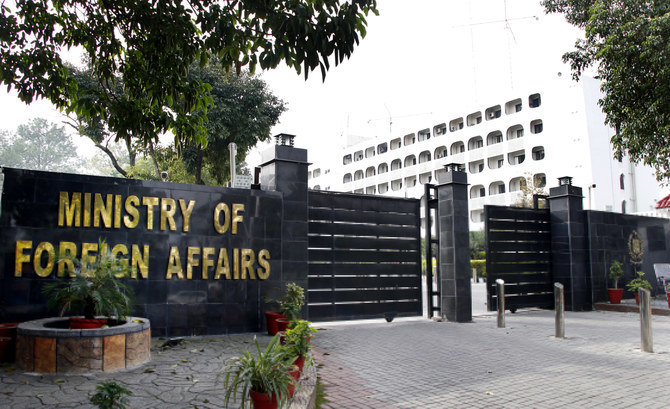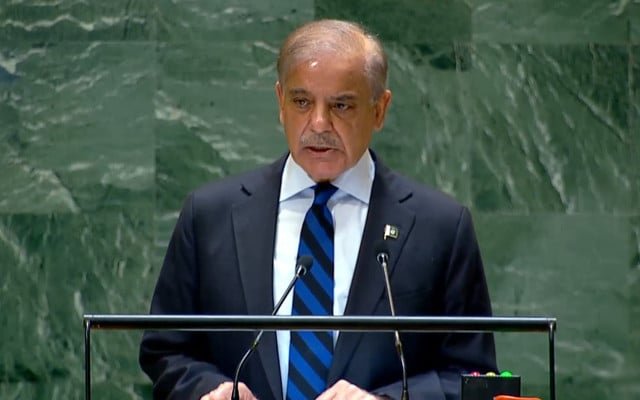Every presidential inauguration signals a new chapter in American history. As Donald Trump takes office once again in Washington DC this Monday, he aims to usher in a new era for the country, promising bold actions from day one.
Due to freezing temperatures, the ceremony in the U.S. Capitol’s rotunda will mark a historic moment—Trump’s second term begins in an indoor setting for the first time in decades. The focus now shifts from promises to action as the 78-year-old begins delivering on his campaign pledges.
At a heated rally the day before, Trump promised to immediately sign a series of executive orders addressing immigration, deportations, environmental issues, and transgender rights. His supporters can expect an early wave of action—Trump has made it clear that the changes will come swiftly.
However, despite the promising start, questions loom about the long-term impact of Trump’s presidency. Will he be able to deliver on his ambitious reforms? Will his opponents’ apocalyptic warnings about his presidency come true?
Some fear Trump could shift toward autocratic rule, threatening American democracy, with Joe Biden’s farewell speech highlighting concerns about the rise of a billionaire “oligarchy” around him. Yet, Trump enters office with a clear mandate: his decisive election win gave him both the popular vote and the electoral college, securing his power to enact his agenda.
This time, Trump’s administration is supported by a more experienced, loyal team, including help from figures like Elon Musk, who may assist with “government efficiency” efforts—possibly leading to mass firings of federal employees. Trump’s suspicion of a “deep state” remains, and a major government shake-up is expected.
While some plans, such as tax cuts for corporations and the wealthy, will require congressional approval, Trump’s control over the Republican Party ensures that legislative roadblocks will likely be minimal. With figures like Musk using his wealth and social media influence, Trump has ample resources to ensure compliance.
Pl watch the video and subscribe to the YouTube channel of republicpolicy.com for quality podcasts:
As Trump aims to implement his policies, some challenges, including financial and logistical barriers to mass deportations, remain. However, Democratic opposition is currently weak, still grappling with internal divisions after their election defeat. The widespread protests seen during Trump’s first inauguration are unlikely to reoccur with the same intensity this time.
Trump’s second term also sees a shift in his relationship with the ultra-wealthy and tech elites. Musk, Bezos, Zuckerberg, and others in the tech industry have warmed to Trump, financially supporting his campaign and policy agenda. Their influence suggests that Trump will have powerful allies in both Congress and the corporate world.
On day one, Trump is expected to issue several high-profile executive orders, including pardons for individuals convicted in the Capitol riot—moves that will energize his base. But some of his more controversial policies, such as tariffs and mass deportations, may face unforeseen challenges, particularly as they could lead to economic issues like rising food prices or labor shortages in key sectors.
Despite these risks, Trump remains a master of political spectacle. His presidency will likely be a dramatic and eventful one, with far-reaching consequences for both America and the world. Whether his promises of transformative change will be realized remains to be seen, but Trump’s return to the White House is sure to be a defining moment in American politics.















